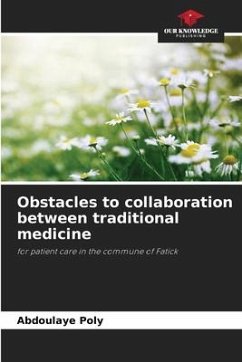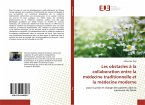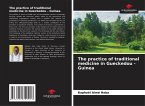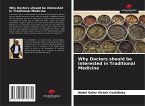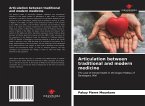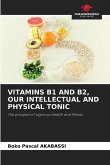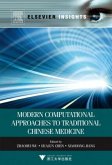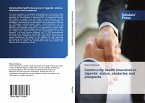In developing countries, particularly in Africa, the widespread use of traditional medicine is often due to its accessibility. Many traditional medicine providers seek continued (or increased) recognition and support for their practices. At the same time, many modern medical professionals, especially those in developed countries with a strong history of medical science, have begun to express strong reservations. Indeed, whereas modern medicine is analytical and attacks the problem with a single molecule, traditional medicine attacks it on several fronts and in a holistic manner. The aim of our study was to clearly identify the obstacles to collaboration between modern and traditional medicine in the commune of Fatick. To promote harmonious cohabitation between these two types of medicine in Senegal's healthcare system, relevant short- and medium-term recommendations were formulated.

